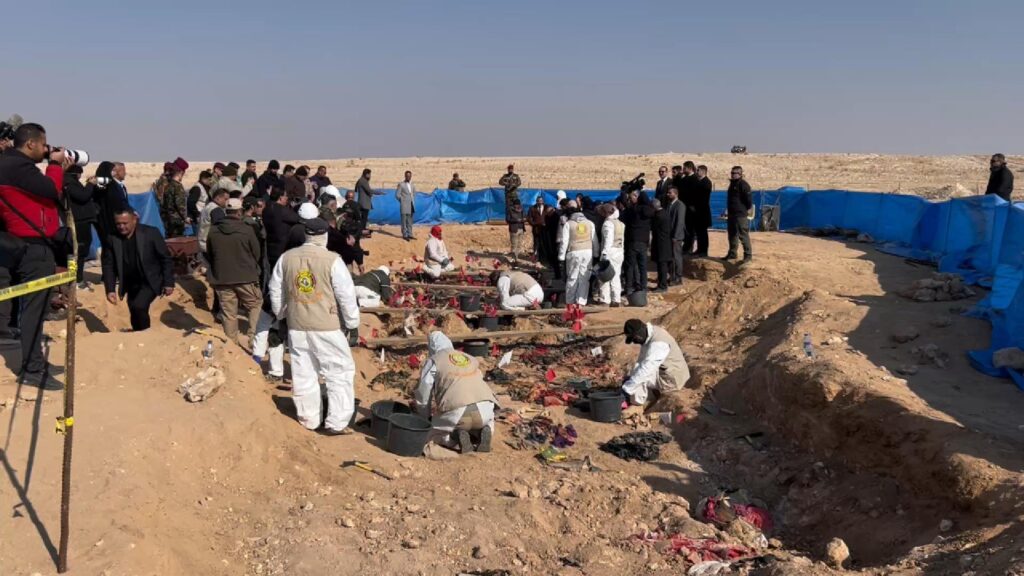Multiple mediation channels open for dialogue between Iran and US

The multiple offers indicate the deep concern over tensions and fear of instability in the region while Iran is getting restless under increasing economic pressures. Oman and Japan have officially declared their preparedness to help resolve the tensions.
Japan
Japan has an interest in peace in the Arabian Gulf mainly because of its dependency on the region's oil. Tokyo officially expressed its readiness for mediation on May 10, two days after Iran suspended some of its voluntary commitments to the nuclear deal with the West on the anniversary of the US pull-out from the JCPOA.
"Iran is about to withdraw from the JCPOA. We are planning to use our long-standing friendly ties with Iran to help secure peace and stability in the region," japan declared. Subsequently Iran's Foreign Minister Zarif visited Japan last week. Meanwhile, President Donald Trump enthusiastically welcomed Japan's offer during his pre-planned visit to Japan.
Oman
Oman has been for long acting as a mediator between Tehran and Washington. First, Oman's ambassador in Washington let the White House know about Muscat's offer, and after receiving a green light from the Trump administration, it made the offer public.
Neither Iran, nor the United States rejected Oman's offer and their silence is meaningful. Subsequently Oman's Foreign Minister paid a visit to Tehran last week.
This was followed by Iran’s deputy foreign minister paying a visit to Muscat last Sunday. Two high profile visits in six days is a lot more than the two countries need for their bilateral relations.
Although President Rouhani's Chief of Staff Mahmoud Vaezi has denied Oman's mediation, few people would believe him.
Germany
Like Japan, Germany is a prospective candidate for joining the UN Security Council as its permanent member. Also like Japan, Germany is interested in the region's stability as a major consumer of its oil.
However, Germany has still not offered officially to mediate between Tehran and Washington. But a high-ranking German Foreign Ministry official visited Tehran last week in a bid to offer Berlin's good offices.
Switzerland and Pakistan
Switzerland runs the US Interest Section in Tehran and Pakistan protects Iran's interests in Washington. Both countries are indirect channels for dialogue between Tehran and Washington. Switzerland was one of the hosts of meetings that led to the 2015 nuclear deal. Meanwhile rumor has it that Trump has given his phone number to the Swiss embassy in Tehran to be handed over to Iranian officials in case they want to talk.
Zarif visited Islamabad on May 23. He probably expects Pakistan to play a mediation part between Iran and the US, although he may also have expressed concern during his visit about Pakistan cosying up to Saudi Arabia. But Pakistan has been facing severe financial pressures for the past year and it is Riyadh that has come to its aid.
Iraq
Iraq is the only country that cannot keep clear of a possible conflict between Iran and America. Pro-Iran militia in Iraq will not wait for Baghdad's permission to intervene in any possible conflict. The concern about such an involvement led to major anti-war demonstrations in Iraq over the weekend, and prime minister Adel Abd ul-Mahdi has said he is sending delegations to Tehran and Washington in a bid to reduce the tensions.
These multiple offers of mediation reflect the extent of concern over rising tensions. On the other hand, the sheer fact that neither Iran, nor Washington have rejected any one of the offers may indicate that roads are still open to diplomacy.
There is no indication how many of these countries have had the chance to get Iran's Supreme leader Ali Khamenei involved in the talks about mediation. Previously Khamenei had sent his advisers, former foreign ministers Ali Akbar Velayati and Kamal Kharrazi to Oman, Moscow and Paris for mediation. Kharrazi was in Paris some two weeks ago. But nothing has been made public about the outcome of his meetings, if any.
Past experience shows, as Rouhani has mentioned once again recently, that he cannot do anything in the area of foreign relations, unless Khamenei wants him to do something. With that in mind, any effort for mediation without consulting and convincing Khamenei will be doomed to fail.
On the other hand, even if Khamenei is willing to intervene, he wishes to do it secretly like in previous instances, while the US administration might need a media hype about possible dialogue with Tehran for domestic consumption and leaving an impact on the 2020 elections.

